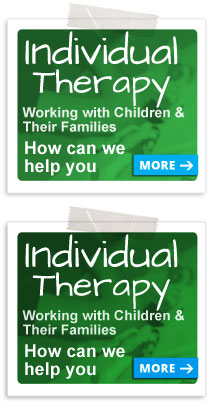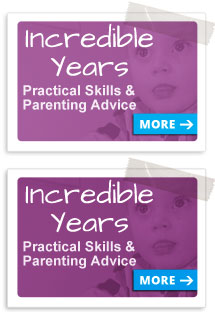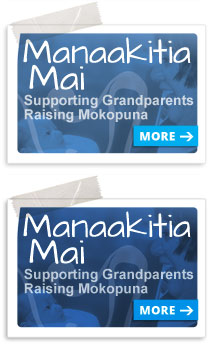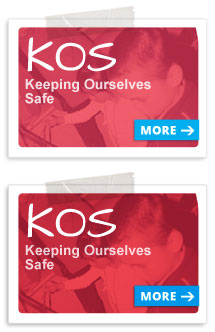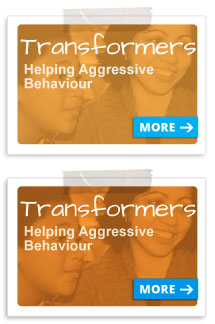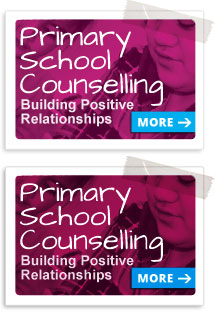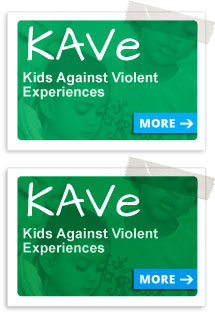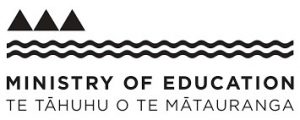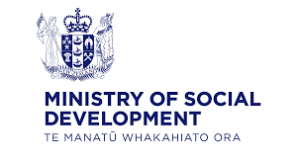Annual Report 2009-2010
By Parentline, 12 January 2011
CEO’ Report
2009 – 2010 was a year of consolidation; of imbedding best practice into service delivery and completing the infrastructural rebuild. Parentline is now in ‘good heart’ and at a stage where we are comfortable to open our books to all stakeholders. In March of this year, we were congratulated by the CYF Auditor for our robust and thorough practices and again gained CYF’s approval as a preferred provider. In the forthcoming year, we will move to a 3 year High Trust contract – an amalgam of our government contracts with less prescription of the services to be provided, less stringent reporting and more advantageous funding options.
However, the last twelve months have not been without challenges. This was the first year without the DHB Child & Adolescent Mental Health and the Family Safety Team contracts and coupled with an economic downturn and government’s expectation of ‘more for less’, we have had to be proactive in seeking opportunities to ensure our stakeholders receive value for money. This year, we have relied more on philanthropics to bridge the gap between government funding and budgeted costs.
In terms of practice, there has been a philosophical shift.
When Parentline was established in the late 1970’s it offered advice to parents. Children then became the single focus and after much deliberation, interventions moved to include parents and caregivers. Today, we are extending our reach further to incorporate the entire family on the understanding that if one member of a family is under stress then it is likely his / her behaviour will impact on the entire family unit. This change is well aligned to the government’s new Family / Whanau Ora approach. We have responded by up skilling staff in family therapy and are just beginning to see positive results as a consequence.
Perhaps the most exciting development has been in extending our repertoire of different therapeutic modalities. Art, sand tray and play therapies remain as our specialist interventions and we have recently introduced equine assisted therapy. Building a relationship with an animal (horse) is very rewarding in many respects; for a child with an emotional, social or psychological disability, the trust and loyalty of an animal demonstrates to the child how important they are and gives them the ability to extend these same attributes to personal relationships. We are able to offer this service in partnership with the Hamilton Disabled Riding School.
We are extremely fortunate in that our database provides us with excellent information about the services we deliver. The impact of domestic violence continues to be the key underlying issue that brings children into Parentline and as well we are seeing more children struggling to deal with the inevitable separation of their parents, one of whom is an abuser. In this respect, we have noted the government’s policy for the clustering of providers to deliver a full comprehensive range of services to ‘wrap around a family’ as the way of the future and we are currently working with a number of Hamilton service providers on three DV related projects.
We continue to work with an increasing number of children with parents and caregivers with a mental illness despite us no longer holding a mental health contract; this year more girls than boys were referred when historically boys have always been the highest service users and there is a growing demand for parenting programmes for adults with no children or with children in care.
Our greatest asset is of course the people in Parentline, both staff and Board members.
I am saddened that two Trustees are not standing for re-election this year and in particular I want to acknowledge the steadfast support and sharp intellect of the Chair, Margaret Evans. Margaret’s foot print will remain clearly visible in all of Parentline’s key research documents including R18 Means R18, the TV Documentary Real Crime: The Truth about Us and the latest Violence in Context document, on our website. Thank you.
Similarly, we will miss Tonga Kelly. The Kelly whanau have a long association with Parentline and it is sad that the formal connection will be no longer. I want to acknowledge Tonga for his tireless contribution over many years.
I want to thank Parentline staff and pay tribute to their dedication and professionalism. And lastly, to the families who entrust their children into our service, thank you for your confidence that together we can work to keep your family and children safe.
We Know it’s Not OK – So What are We Doing About It.
Parentline’s focus is working with children caught up with violence. Our intertwined responsibilities involve healing the children and stopping the violence – too often imbedded within family and community culture. We accept that ‘it takes a village to raise a child’. That’s why our programmes are whanau-oriented – to involve the child’s family. And that’s also why we continue to promote collaboration – to strengthen the range of services available in response to defined needs and work together fill the gaps. We also need collective strength to promote programme efficacy and identify inadequacies.
This year we launch our schools-based programme, taking our services to the frontline in the first cluster of Hamilton primary schools. Primary schools have been identified as hot spots with younger children exhibiting increasingly violent behaviours and provide sites at the heart of most communities – a place to really make a difference. As we work with the children, we’ll also link with teachers, families, and other community agencies. We’ll also link in with the government’s new anti-violence initiatives in schools. Our initiative follows our PHO-funded Taumarunui pilot in 2008 and assessment of a range of models including the ThePlace2Be (now working in 172 schools across the UK and supporting 58,000 children (www.ThePlace2Be.org.uk). The Place 2Be has the same goals & some great promotional tags:
- Making a lifetime of difference to children in schools
- Children growing up with prospects not problems
- Dedicated to improving the emotional wellbeing of children, their families, and the whole school community
We are also launching the ‘Dream Project’ with a cluster of kindred agencies, bringing Hamilton’s key front-line services together for the first time to tackle the hard core – working with known families to help stop the violence within. This is action based. In addition to families known for repeat police call-outs, new families seeking crisis support for the first time will also be targeted in an early intervention effort. The cluster includes Te Whakaruruhau Women’s Refuge, Ka’ute Pasifika, and Shama Ethnic Women’s Centre.
The development of LOOK UP, publicly accessible on our website www.parentline.org.nz, arose from our ongoing interest in what works (and what doesn’t). From this research and huge database, we have developed a ‘one-pager’ summarising effective programme characteristics, along with a similar resource outlining risk factors related to family violence.
New Zealand has committed huge public resources in the name of ‘stopping violence’, aiming to combat family violence and domestic abuse through public education campaigns such as ‘It’s Not OK’. But the violence continues, gets even worse, & ever younger children are picking up the pattern. Our public ‘investment’ can be compared with the financial markets of the past couple of years: promising rich results but in many cases returning zilch, and causing ongoing additional hardship, just as some advisors had warned.
And it is very much a local issue, with Hamilton’s high increases in family violence statistics – more than one thousand more police call-outs than the previous year (up to half of them repeats).
One highlight was the visit of Social Development Minister Paula Bennett who sat down with our staff and trustees as we shared views ‘from the frontline’. And our lobby to her for policy changes amidst signs her government appeared keen to reallocate resources.
Since that date, two recently publicised reports (Dr Janet Fanslow’s study and the US based Leitner Centre’s NZ research project) further confirm the need for policy changes in New Zealand and more emphasis on funding for frontline services rather than public education and awareness campaigns.
Fanslow’s survey of nearly 3000 women in Auckland and Waikato (publicised in late August) indicated that nearly 40% of women who asked for help after violence from a partner did not get it – despite high community awareness from the ongoing ‘It’s Not OK’ campaign. She said:
- The challenge is not getting people to talk about violence but to get women the help they needed.
- While it was important to help victims of violence, the real need was to prevent violence happening.
The Leitner Centre’s report on its 2008 research in New Zealand, among a number of issues questions the efficacy of stopping violence programmes (noting male attendance is NOT an indication of attitude change), police responsiveness, and protection order supervision.
These reports do not pick up policy changes under the National-led government but provide further valuable evidence in support of the ‘frontline focus’ to ensure most resources are applied to direct services rather that violence education and awareness, monitoring, evaluating, capacity development, etc.
